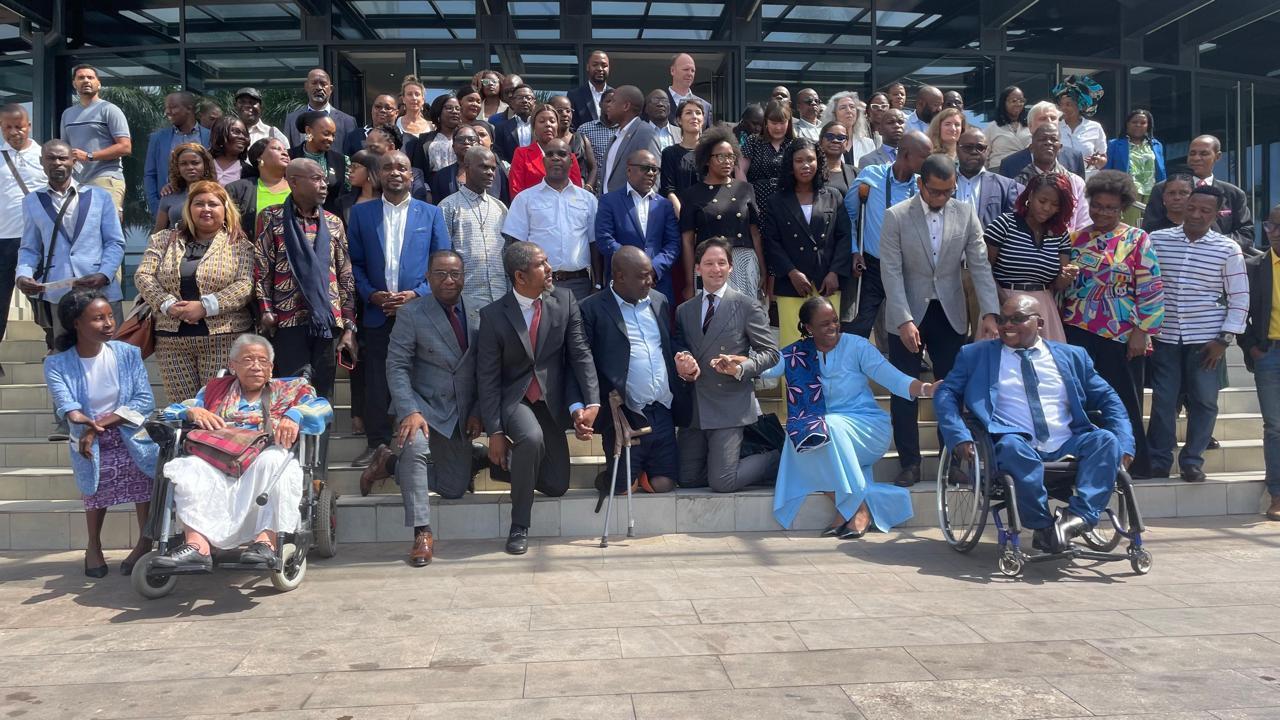Africa-Press – Mozambique. The Mozambican Association of People with Disabilities (FAMOD) is demanding its inclusion in the “Inclusive National Dialogue.”
The “inclusive dialogue” is based on a document signed by Mozambican President Daniel Chapo and nine political parties in March, which the country’s parliament, the Assembly of the Republic, then transformed into a law.
According to FAMOD chairperson, Zeca Chaúque, who was speaking on Wednesday, in Maputo, at a Conference on Disability and Human Rights, taking place under the motto “Towards an Inclusive Legal Reform”, FAMOD must not be excluded from the dialogue because people with disabilities are facing many problems, especially when it comes to job opportunities.
“We have many people with disabilities who have graduated, but there are barriers in the job market. We want the law to be regulated, and if possible, we want it to include a contribution system so we can know how many job openings there are in institutions, with the inclusion of people with disabilities”, he said.
Chaúque called on the government to create quotas of jobs for people with disabilities. “We ask for a 20 per cent share of jobs created in the country. The regulation of the Law must be a participatory process, directly involving people with disabilities”, he said.
For his part, the Secretary of State for Gender and Social Welfare, Abdul Ismail, said that one of the challenges that the country faces is to ensure fundamental rights of people with disabilities.
“Approval of the law is only the first step, now it is urgent to complete the regulatory process, harmonize existing legislation, eliminate contradictions, define clear implementation mechanisms, and ensure the active participation of persons with disabilities”, he said.
Ismail also said that legal instruments represent more than formal commitments. “They are tools for transformation”, he said with implications for access to health care, inclusive education, social assistance, employment, information, and accessibility in public spaces.”
Data from the 2017 Census indicate that Mozambique has 727,620 people with disabilities, representing 2.6 percent of the population.
For More News And Analysis About Mozambique Follow Africa-Press






